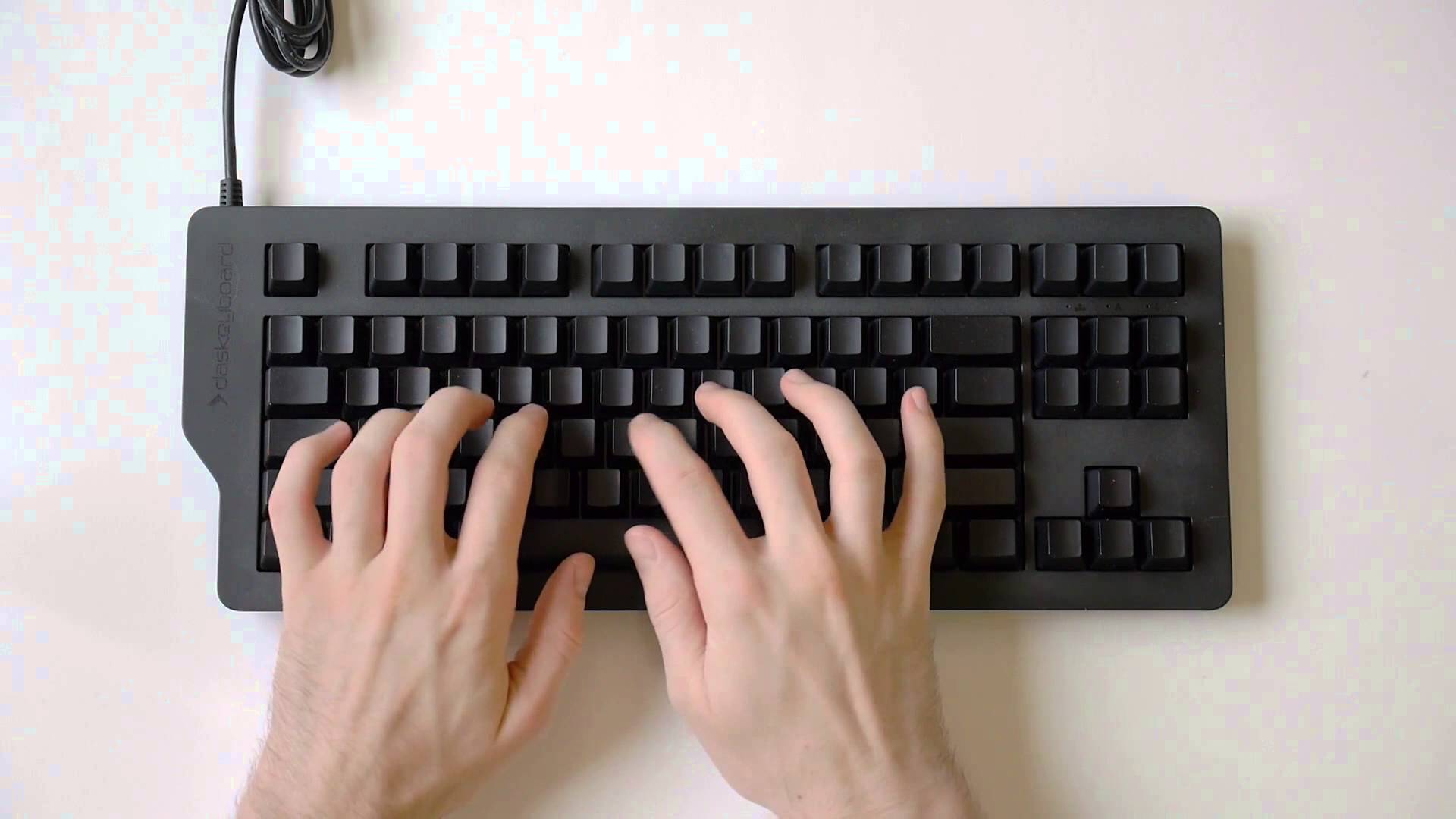
It is no secret that mastering the keyboard can be a challenging task for many people. Writing content on a computer requires practice, dedication, and creativity.
But how much daily typing practice do you need? In this article, we will explore the different techniques and methods to improve your typing skills, so that you can become more efficient while writing content.
From warm-up exercises to focus on accuracy and speed, these tips will help you become an expert typist in no time! So get ready to learn about the fundamentals of mastering the keyboard – with just a few moments of effort each day, it won’t be long before you have perfect mastery over your computer’s keys!
Developing Accuracy and Speed in Typing

Source: abmcollege.com
When it comes to mastering the keyboard, accuracy, and speed are two important factors. To improve accuracy, practice focusing on each letter carefully while typing.
This can help ensure that mistakes are minimized and you type exactly what you mean to. To increase your speed, focus on improving your muscle memory so that you no longer have to think about which keys to hit when typing out a word or sentence.
Regularly taking part in timed typing tests is one way of tracking your progress as well as increasing the difficulty level based on how much better you get over time. Additionally, using mnemonic devices such as acronyms can be extremely helpful for remembering long words with fewer errors and at faster speeds too!
Finally, try different methods of practicing such as listening to audio recordings or watching videos while simultaneously testing yourself with a virtual keyboard.
Practicing Daily to Improve Your Typing Skills

Source: indeed.com
Practicing daily is essential for mastering the keyboard. Regular practice on the best typing website for practice will help you become more comfortable and confident with your typing skills.
It’s important to find a balance between speed and accuracy, as this will help you type faster while still making sure that what you are writing is accurate.
Aim to practice for short periods each day, such as 10-15 minutes, on the best typing website for practice to keep yourself motivated but also ensure that your fingers get used to the different keystrokes.
As you become better at typing it may be beneficial to increase the amount of time spent practicing each day on the best typing website for practice so that you can improve even further.
Setting goals and tracking progress can also be helpful to stay motivated and see how far your skills have come along since starting!
Strategies for Improving Your Keyboard Proficiency Levels

Source: daskeyboard.com
Learning to type quickly and accurately is an important skill for many professions, from data entry to digital marketing. To help you reach your goals of mastering the keyboard, here are some strategies for improving your proficiency levels:
- Start with a basic typing course on the best typing website for practice – A beginner’s program can provide structure and guidance as you learn the basics of touch-typing. With practice and patience, these lessons will make a big difference in both speed and accuracy.
- Set short-term goals – Once you have mastered the basics of touch-typing, focus on setting achievable targets each day or week on the best typing website for practice that increases in difficulty as time goes on. This approach helps keep learning fun while helping build up momentum toward reaching higher speeds with fewer mistakes.
- Increase your words per minute (WPM) gradually – Don’t rush yourself into trying to hit high WPM rates; instead, work slowly but consistently on the best typing website for practice until it becomes second nature to type at faster speeds without making errors along the way.
- Use specialized tools such as timed tests and games on the best typing website for practice – Timed tests give you immediate feedback about how well you’re doing while playing keyboarding games can be entertaining and enjoyable ways to improve skills such as accuracy or speed, which may otherwise feel like tedious tasks when practiced alone.


